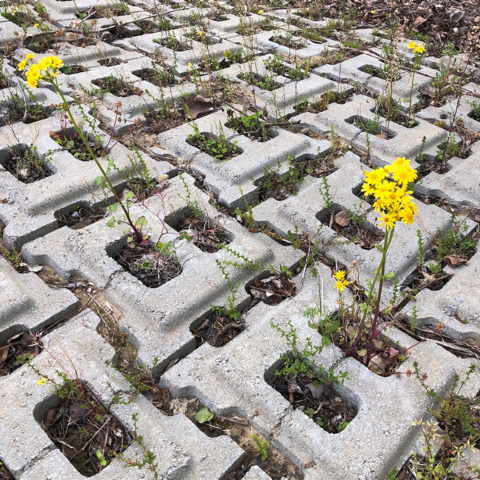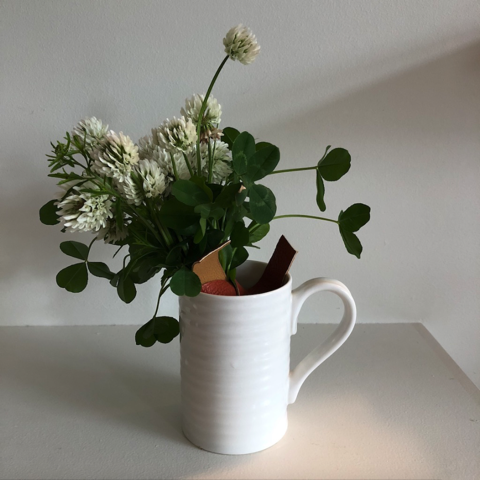Twice in my career, when I felt lost, a mentor asked me to reflect on my work history and remember times when I was in the flow, in the zone, rocking it.
Both of those women asked me to take four or five of those ‘rocking it and loving it’ experiences and describe them in detail, to write them as if I were telling the story to someone deeply interested.
Then, after they were written, we mined the stories for insights. There were plenty.
Now that I am studying writing and scene analysis, I see that two of the questions that are used for scene analysis are the same questions we asked about my rocking it/loving it stories:
- What was the action?
- What was the essential action?
The first question is simply about the What. What was I doing? What were others doing? What was the situation?
The second question is about the Why. Why was I doing it? Why was I enjoying it? Why did I find it rewarding?
1. In my career peaks, what was my action?
My rocking it/loving it stories were all about times I was overhauling something, renovating it, making it easier for others to use and get more value.
I wasn’t inventing, starting with a blank slate (or a slate that could be blanked) and imagining what could be. One of my former bosses is amazing at this but I’m not. I spin around at all the possibilities and get confused.
I wasn’t maintaining something, polishing it, making it more efficient or less costly or both. Maintenance bores me. Let me renovate something but don’t let me maintain what I have renovated—I will break it so I have another interesting problem to solve, which brings us to the second question.
2. In my career peaks, what was my essential action?
In all my rocking it/loving it stories, I was solving problems that interested me. I was putting my head into a complex situation, learning about it and understanding it so that I could build a simple (not simplistic) solution others could use. The others are an important component. I like to make things that help others be smarter about how to do something that matters.
If you are going to do this rocking it/loving it exercise, it will take longer than the others. I’d recommend setting aside sixty to ninety minutes just to remember and write your career peak stories, and separately—when you can read them with fresh eyes—another sixty minutes to analyze them. This is an exercise that demands more and yields more.
This is the final internally directed exercise in the Finding Our True Selves series. The next two will be externally directed, and then there will be one more post that will conclude the series.
Writing
I’m part of a writing collaborative that since mid-March has been holding virtual writing sprints on weekdays. We log in, on Monday we get an assignment (e.g, write a ‘Friends Having Dinner’ scene), and for the rest of the week we write. I typically work on the assignment on Monday and Tuesday, and my own stuff the rest of the week.
Last Monday, the assignment was to write a ‘One-on-One Physical Fight’ scene. Since I’ve never been in a physical fight I don’t know much about them. I did remember a story Trent told me once. He said only a little bit, just the history of the fights and how this one ended. I worked from that and made up the rest. I’m happy with how it turned out: Physical Fight scene.
I’ve also been helping a friend with her writing—mainly with encouragement and format. She’s an executive coach who has started sending a periodic newsletter to her clients, to help them think through how to navigate leading their organizations through the pandemic. Her recent newsletter is about how to thoughtfully return and I’m happy with it, too.
Chewing the Cud of Good

Thankful for the Leadership of the University of Cincinnati, and President Neville Pinto, who sent this message regarding returning to campus:
This plan is, by design, open to change. If the Ohio Department of Health (ODH) issues new directives, we will comply. If our medical experts identify new or different ways to safeguard our community, we will follow the science. If something is not working as well as originally intended, we will correct our course. If your ongoing feedback enables us to upgrade this plan, we will integrate the input. In short, we will learn every step of the way and adjust our efforts accordingly with your safety and health top of mind.
Neville Pinto, President, University of Cincinnati

Thankful that even when life is hard—maybe especially when it is hard—it is still a beautiful world.